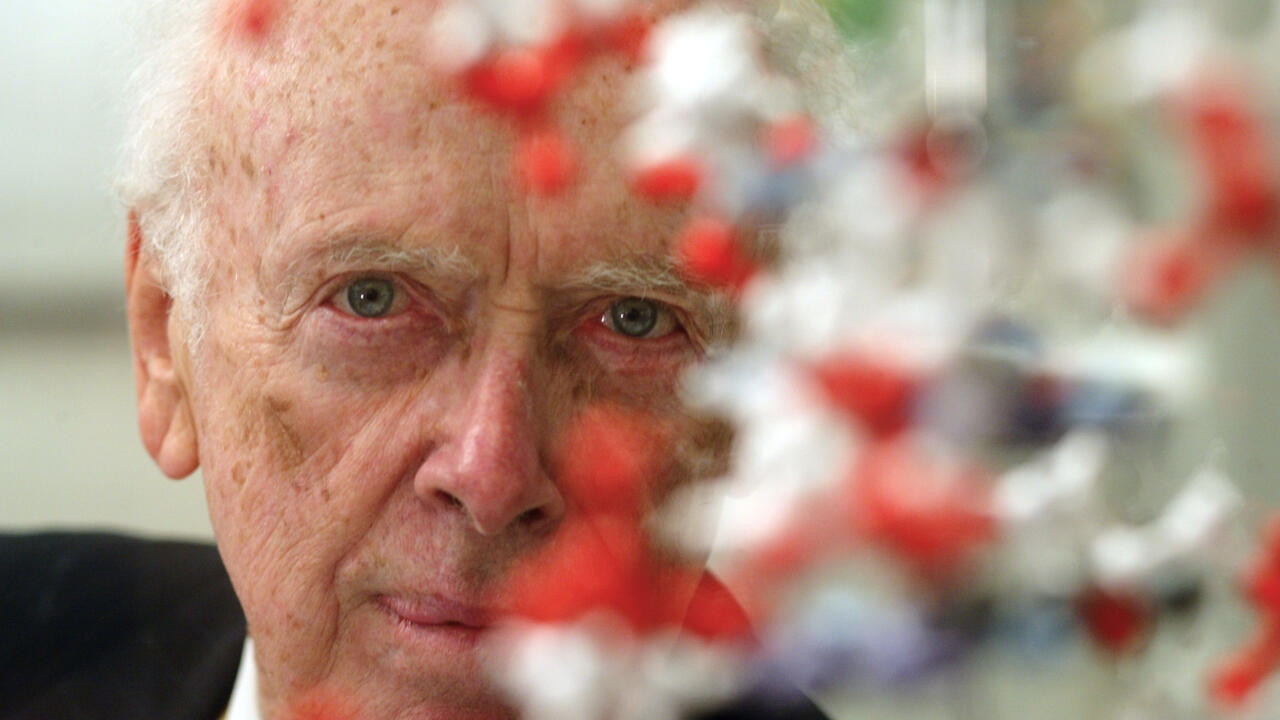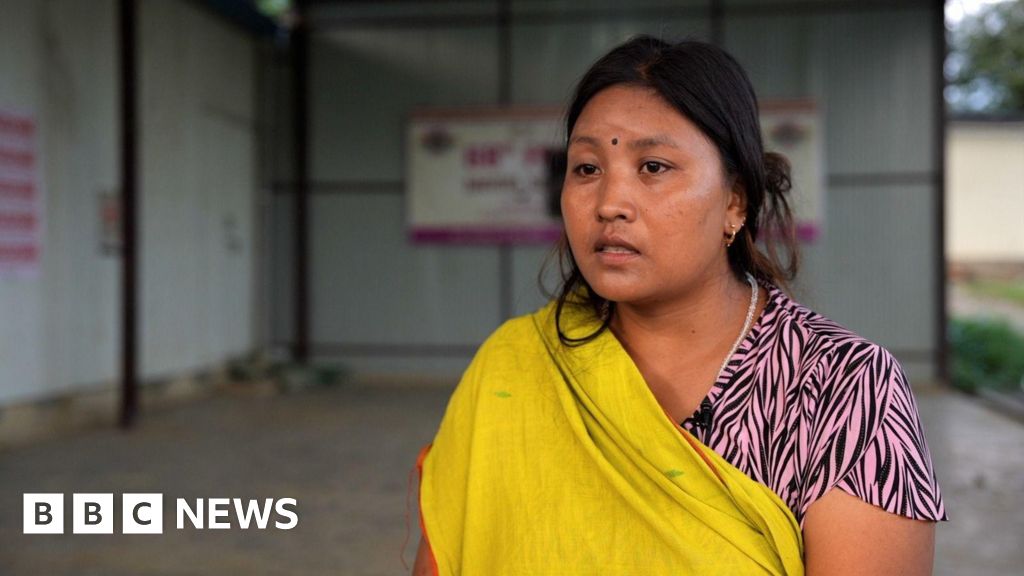The ongoing US actions are ‘suffocating the social fabric of Cuban society’, according to the expert.
Published On 22 Nov 2025
The United States must lift unilateral sanctions imposed on Cuba as they are “causing significant effects across all aspects of life” more than six decades after they were imposed during the early part of Fidel Castro’s leadership, according to a senior United Nations expert.
The “extensive regime of economic, trade and financial restrictions” against the island nation marks the longest-running unilateral sanctions policy in US history, said Alena Douhan, special rapporteur on the negative impact of unilateral coercive measures on human rights.
Recommended Stories
list of 3 items- list 1 of 3US warns civilian flights as military activity around Venezuela increases
- list 2 of 3Trump and Mamdani hope for positive relationship after ‘productive’ meeting
- list 3 of 3UN climate talks go into overtime as divisions over fossil fuels persist
Only the US Congress can lift the Cold War-era embargo on communist-run Cuba, whose government has maintained that the country “will not surrender” to Washington’s “policy of collective punishment”.
“As a result, generations of Cubans have lived under unilateral coercive measures, which has shaped the country’s economic and social landscape,” Douhan said in a statement released on Friday.
The UN official cited reports that Washington’s imposed measures have progressively tightened since 2018, with further sanctions imposed on the already existing ones and a significant intensification in 2021 following Cuba’s re-designation as a so-called “state sponsor of terrorism”.
Other countries and international companies also over-comply with the embargoes in an effort to steer clear of being targeted with secondary sanctions, which Douhan said affects the government and the people’s ability for long-term planning, “suffocating the social fabric of Cuban society”.
US governments have for decades ignored international calls to remove the sanctions on Cuba, including the overwhelming UN General Assembly vote at the end of October that showed global support for an end to the embargo for a 33rd year.
 UN Special Rapporteur on human rights Alena Douhan speaks during a media conference in Havana, Cuba, on November 21, 2025 [Norlys Perez/Reuters]
UN Special Rapporteur on human rights Alena Douhan speaks during a media conference in Havana, Cuba, on November 21, 2025 [Norlys Perez/Reuters]According to the UN rapporteur, there are shortages of food, medicine, electricity, water, essential machinery and spare parts in Cuba, while a growing emigration of skilled workers, including medical staff, engineers and teachers, is further straining the country.
The accumulative effect has “severe consequences for the enjoyment of human rights, including the rights to life, food, health and development”, Douhan said.
Cuba has suffered a series of electricity blackouts, grid collapses that have rocked the island of 10 million over the past year.
Even when the US issues very limited licences and exemptions, the UN expert said investors remain wary of committing to long-term projects since there could be a policy shift in Washington.
“I urge all states to adhere to international law principles and norms and ensure that humanitarian concerns are fully respected, grounded in principles of mutual respect, solidarity, cooperation and multilateralism,” she said.
Douhan will present a thorough report to the UN Human Rights Council on the effect of the US sanctions in September 2026, following meetings with government officials, international agencies, church representatives, members of academia, medical personnel and the private sector.

 1 hour ago
1
1 hour ago
1










 English (US) ·
English (US) ·